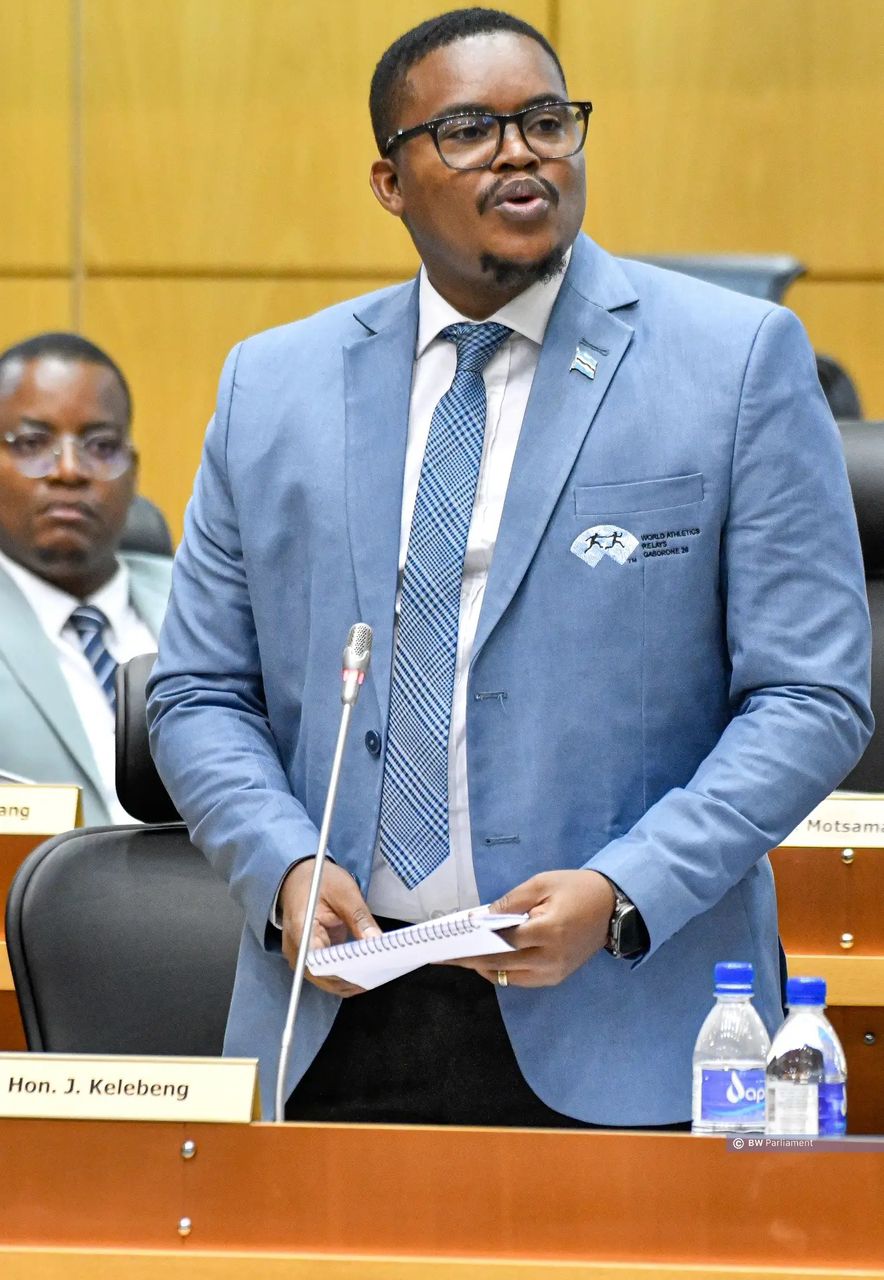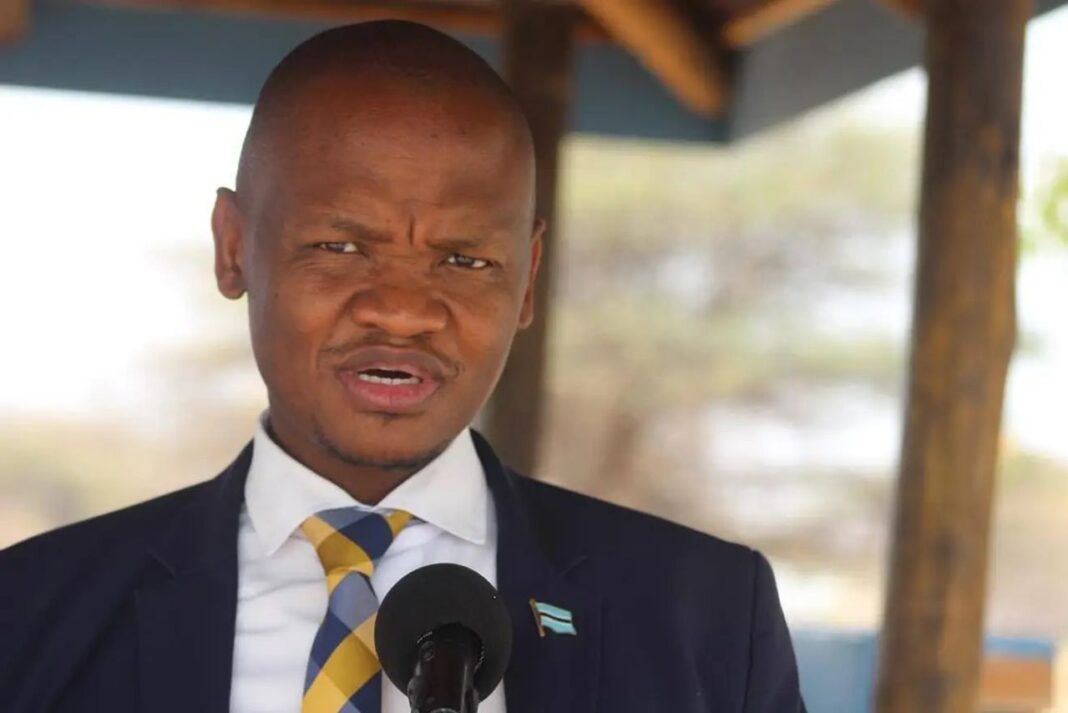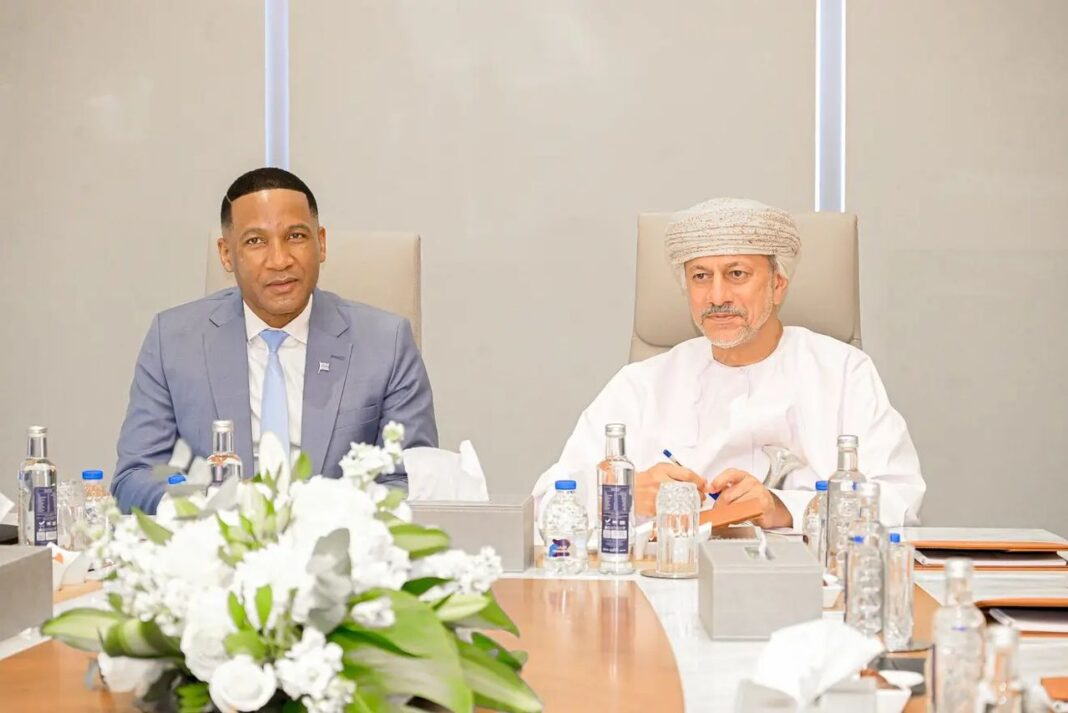Minister Jacob Kelebeng strategically charts an unprecedented journey involving the investment of a monumental P6.653 billion into Sport and Creative Industries (SCIs) to serve as a powerful new engine for national economic diversification. This decisive move, unveiled under the twelfth National Development Plan (NDP 12), elevates culture and athleticism from traditionally marginalised sectors into core pillars of growth. The central objective, articulated as the ‘True North’ vision, is to establish the nation as a “global hub for sports, culture and creative industries”, a necessary structural shift to reduce dependency on mineral wealth. While the SCIs historically contributed less than one percent to the GDP, this investment is engineered to achieve and sustain annual growth exceeding 5.46 percent, aiming to deliver a transformative 33,550 new jobs by 2030.
This ambitious projection is underpinned by radical reforms designed to rectify historical policy and governance deficits. Key among these is the immediate and full-scale re-introduction of school sports, directly addressing the stagnation caused by prior fiscal constraints and ensuring the talent pipeline that produced global icons is fully restored. Furthermore, chronic governance failures, particularly the lack of verifiable economic data, will be remedied by the introduction of the Satellite Sport Account (SSA), a crucial tool that will standardise data collection and provide the transparent metrics essential for attracting sophisticated private capital. This robust financial credibility is fundamental to the plan’s target of increasing non-government financing from a nominal 0.4% to a formidable 15% by 2030.
The P6.6 billion will fund a comprehensive legal and financial architecture necessary for professionalisation. Legislative efforts include the new Cinematography Bill and the Performers Protection Bill, which will modernise industry standards and, crucially, safeguard intellectual property rights, ensuring that value generated by Batswana creators is captured domestically. Financially, sustainability is prioritised through the establishment of the Sport Fund, financed by dedicated non-treasury revenue streams like sport lottery and betting, providing a critical fiscal shield for grassroots development. Concurrently, a National Creative Arts and Film Fund will utilise specialised grants and incentives, including tax credits, to stimulate large-scale media production.
On the infrastructure front, the plan balances the creation of global-standard facilities, such as a new 40,000-seater stadium and a dedicated State Theatre, with a strong mandate for aggressive decentralisation. This strategy will ensure that cultural ‘rural hubs’ and upgraded community facilities provide equitable access, preventing opportunity concentration in urban centres. Finally, the government is proactively engaging with international platforms like Google, Meta, and TikTok to integrate digital monetisation channels, ensuring that the creative products of Botswana are globally accessible and commercially rewarding. This comprehensive strategy, supported by substantial financial commitment and systemic governance reform, signals Botswana’s unwavering intent to convert its vast cultural and sporting potential into tangible, sustainable economic power.



